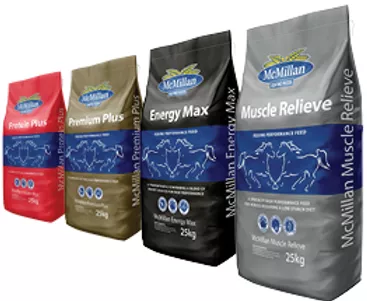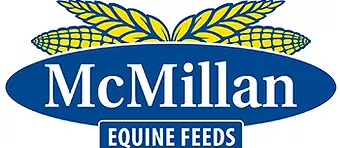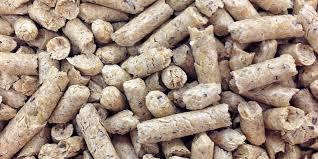- New Zealand
Nutrients Important for Performance
- Nutrition
-
Mar 05
- Share post



To achieve optimal performance in any equine sport, meeting the increased nutritional requirements of the equine athlete is vital. Below are some important points to consider when designing a performance horse diet.
- Forage comes first. An adequate supply of high quality forage is important for supplying energy, protein and some nutrients. Forage is also key to ensuring optimum digestion and the prevention of digestive conditions such as gastric ulcers and hindgut acidosis. Pasture, hay, fibre products and beet pulp are all ideal forage sources.
- Horses at risk of ulcers would benefit from some amount of Lucerne in their diets, and offering a handful of Lucerne prior to work is extremely beneficial for preventing gastric acid splashes and contributing to the risk of ulcers.
- Use premium protein sources. While pasture and hay contain moderate protein levels, additional protein should be provided in the feed using a high quality source with the correct ratio of essential amino acids, especially lysine, methionine and threonine.
- Provide a blend of energy sources to supply slow and fast release energy. Energy should be supplied through structural carbohydrates (such as forage) non structural carbohydrates (grains) and some amount of fat through oil or Equi-Jewel stabilised rice bran.
- Vary the blend of energy sources according to the horse’s behaviour. For example ‘hot’ horses should have less grain and be provided more energy through slower release forms such as fat and fibre. Horses at risk of digestive conditions or tying up should also be provided low grain diets.
- Alter caloric intake in relation to the horse’s workload and body condition. Monitor body condition regularly and alter intake accordingly.
- Macro minerals such as calcium (Ca) and phosphorus (P) are critical for the constant bone-remodelling process in performance horses. Ensure the ratio of Ca to P is around 2:1. High quality commercial feeds will be balanced for calcium and phosphorous.
- Replenish minerals lost through sweat such as sodium, chloride, magnesium and potassium through adequate daily salt intake and electrolyte replacement on work days.
- Antioxidants vitamin E and selenium are essential for maintaining muscle health.

NRM and McMillan equine feeds have all been formulated to provide the correct amount of all essential nutrients for any performance horse in a balanced way when fed at the correct levels and combined with New Zealand forages.
For assistance with feeding plans to enhance overall health and performance, consult with an experienced equine nutrition advisor.
Article supplied by Luisa Wood, Equine Nutritionist for NRM and McMillan Feeds
Comments
Add a comment
Leave a Reply · Cancel reply
You must be logged in to post a comment.
